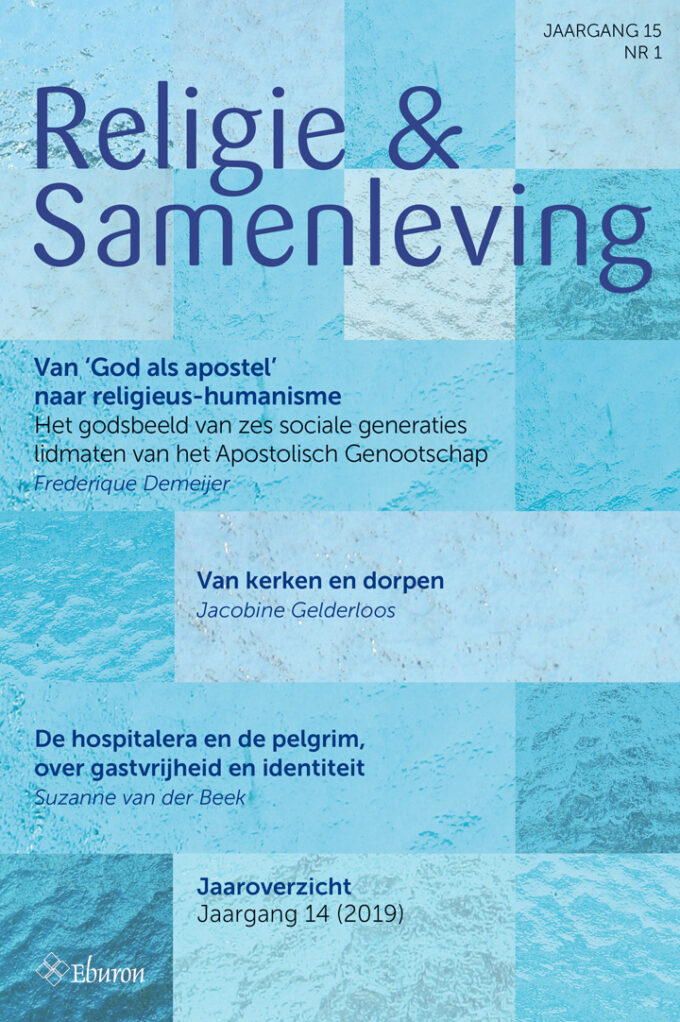De hospitalera en de pelgrim, over gastvrijheid en identiteit
DOI:
https://doi.org/10.54195/RS.11556Samenvatting
Hospitality plays a significant role in the experience of the modern pilgrimage to Santiago de Compostela. On this journey, hospitality is primarily found in the interaction between the hospitalera (someone who hosts pilgrims at specialized hostels) and the pilgrim. This paper explores the relation between these two figures and argues that this relationship is formed by the presentation, the recognition, and the confirmation of identity. The pilgrim, as a guest, expects a certain amount of hospitality from the Camino, this expectation is a part of the pilgrim’s identity package. The hospitalera, as a host, claims the authority to decide which guests possess a pilgrim identity and are therefore eligible for their hospitality. The hospitality that is experienced on the Camino to Santiago de Compostela is therefore conditional. It offers both the hospitalera and the pilgrim the opportunity to confirm and strengthen the desired identity in both themselves and the other.




